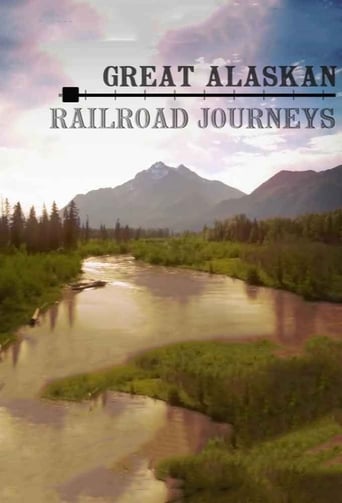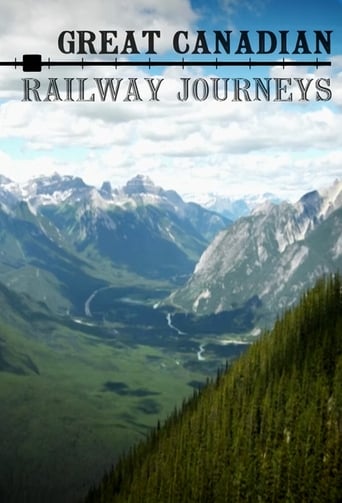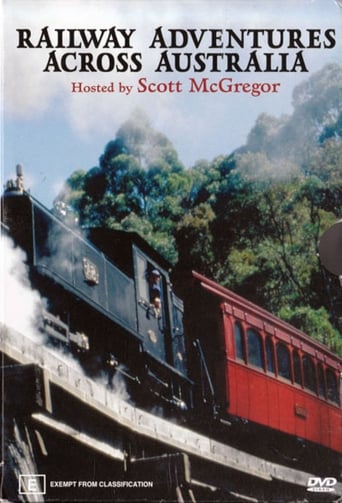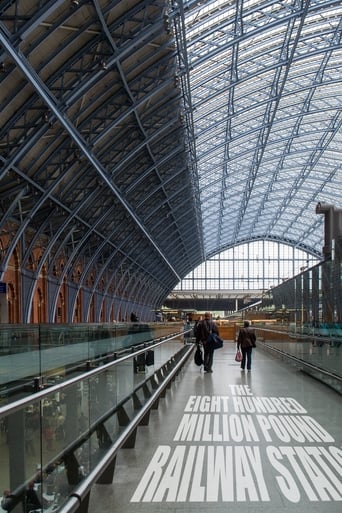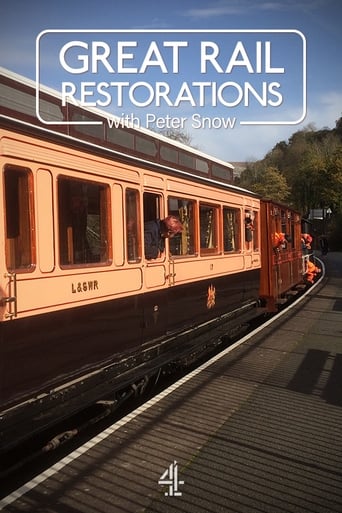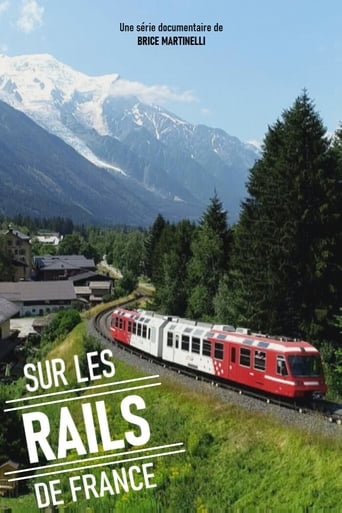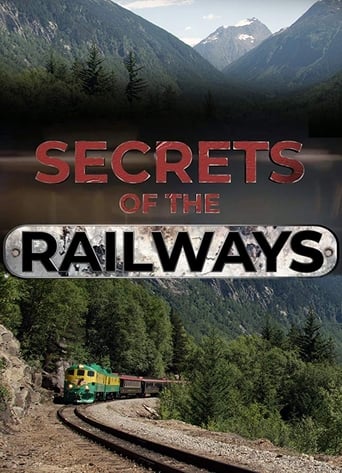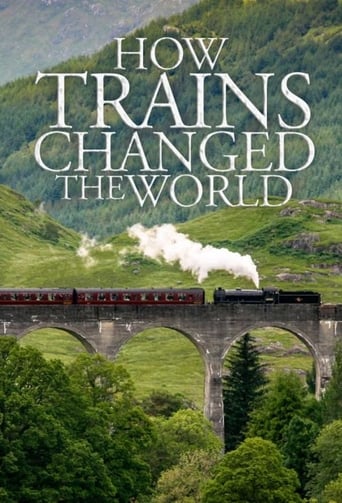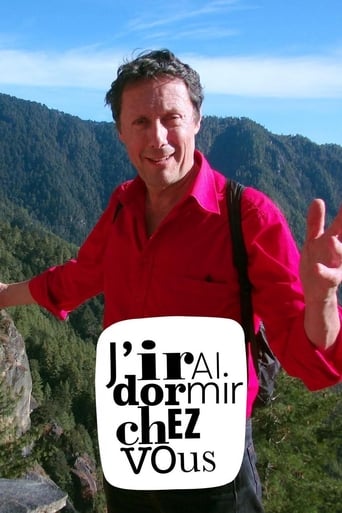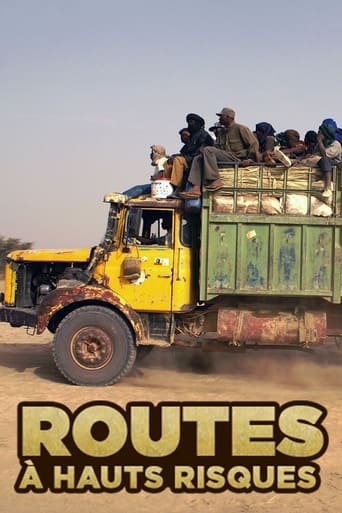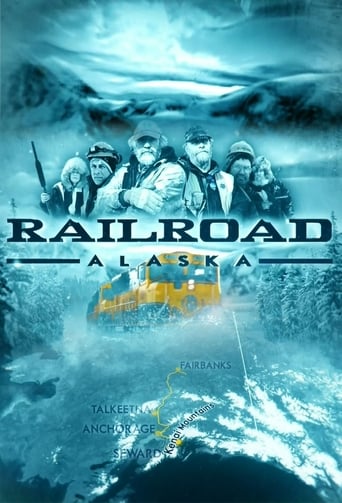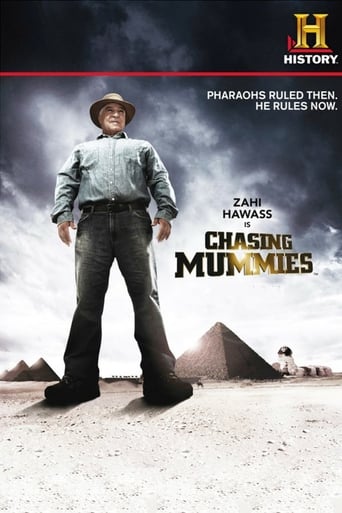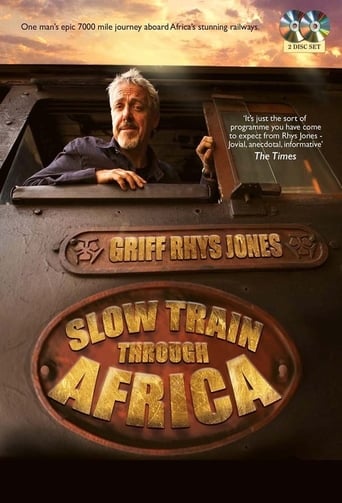










Release Date:
Thu, Jul 28, 2011
Country: FR
Language: Fr
Runtime: 55
Country: FR
Language: Fr
Runtime: 55
Philippe Gougler
Himself - Presenter
Season 14:
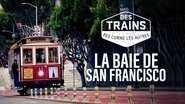
Philippe Gougler begins his discovery of San Francisco with the emblematic “cable cars”, these trams which climb the steep hills of the city, offering panoramic views. He also discovered other, more modern ways of getting around, such as autonomous cars, driverless vehicles that navigate the streets of San Francisco. Philippe then boards the Coastal Starlight, a legendary line offering spectacular views from the California coast to Santa Barbara. The globetrotter's journey continues in San Francisco with the Golden Gate Bridge, symbol of the city. Finally, he crosses the majestic forests of giant sequoias by steam train.

Philippe Gougler begins his stay on a station platform where most of the travelers are in traditional Bavarian outfits. They all go to Munich for the beer festival, the famous Oktoberfest. Philippe will meet amazing waitresses there who can carry up to twelve mugs at once. Then, head to the south of the region where a rack railway takes travelers and hikers to the summit of Germany, the Zugspitze. This is an opportunity for Philippe to discover typically Bavarian landscapes, such as Neuschwanstein Castle. Back in Munich, he learned that Bavaria was also an industrial region. Trains even enter factories. Finally, the rail globetrotter takes the ICE, the German TGV, for the north.
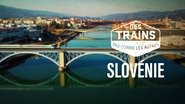
Philippe Gougler leaves for a trip to Slovenia, a small European country wedged between sea and mountains. And what better way to discover this little-known country than by train? To begin, he boards a small mine train which will take him under the mountains to discover sunken tunnels. There are also everyday trains, and the more unusual ones, which climb the mountains with cars on board as well as auto-trains which run on railway tracks dating from the Austro-Hungarian era.
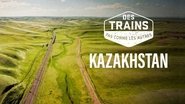
Philippe Gougler goes to Kazakhstan, a huge country, often synonymous with long train journeys. Aboard a sleeper train, he meets a local celebrity, a bodybuilder with a trim beard and a keen sense of humor. In Almaty, the country's former capital, he was surprised by the greenery and modernity of the city, particularly its metro, each station of which offered a unique setting. On a high-speed train heading to Astana, the capital, he meets a former French teacher, an opportunity to talk about Kazakh culture.

Philippe Gougler travels across Brazil, starting with the bustling trains of Rio where vendors, masseurs, and even the larger-than-life Spiderman rub shoulders. He observes the quest for the perfect tan in working-class neighborhoods. His journey continues on the world's largest train, crossing the Amazon. There, he meets the Sateré Mawé tribe and their rite of passage involving poisonous ants. In Campos do Jordao, he discovers a "Brazilian Europe" and its culinary adaptations. The adventure ends on the Atlantic coast, where Philippe experiments with a sand-yacht train, powered solely by wind.
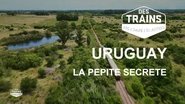
Philippe explores Uruguay, a small country with a rich railway history. He takes the only passenger train between Rivera and Tacuarembó, popular with the inhabitants of the pampas. His path crosses that of the gauchos and their traditional asado. In Paysandú, he discovers a 1929 Ford converted into a draisine. In Montevideo, the capital where more than half the population lives, he observes an Umbanda ceremony on the beach and travels in a train of enthusiasts on poorly maintained tracks. His journey ends in Punta del Este, a chic seaside resort, where he participates in the tasting of the largest paella in the world.
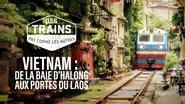
Philippe Gougler travels nearly 10,000 kilometers from France to Vietnam. A country of legends where it is good to take the train. Philippe notably passes through the capital Hanoi where the train winds and weaves through the narrow streets of the city, at the edge of the houses. In the northwest of the country, he discovers the country of the Hmongs and its landscapes of rice terraces. In the center of the country, Philippe follows the trail of an ancient lost railway. In the Hue region, few people remember this train built at the time by the French, which was heading towards the neighboring country, Laos. A train which, in the colonial era, was part of a gigantic project: to connect all of Indochina by rail.
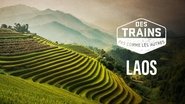
Laos, a long brand new railway line has recently been launched, in a country that had not really known the train for decades. Philippe Gougler travels by train, from north to south via Luang Prabang, known for its dozens of Buddhist temples. He will have the chance to be invited to one of them to spend a day with the monks. Further east, near the Vietnamese border, another facet of the country's history opens up to him, a darker one. Laos is the country that has been the most bombed in the world. During the Vietnam War, between 1964 and 1973, the United States dropped more than 2 million tons of bombs. Nearly 50 years later, every day, men and women are still clearing mines.
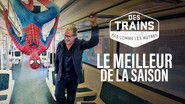
Philippe Gougler brings back to life the best moments of season 14. During his train journeys, he traveled through the most incredible landscapes. From the steppes of Kazakhstan to the Amazonian forest, via the hills of San Francisco and the alleys of Vietnam, the globetrotter made new astonishing encounters. He crossed paths with a Kazakh shaman with a strong character, German "iron fingers" competitors, an Amazonian tribe who made him undergo an initiation rite, and even a Brazilian Spiderman.


